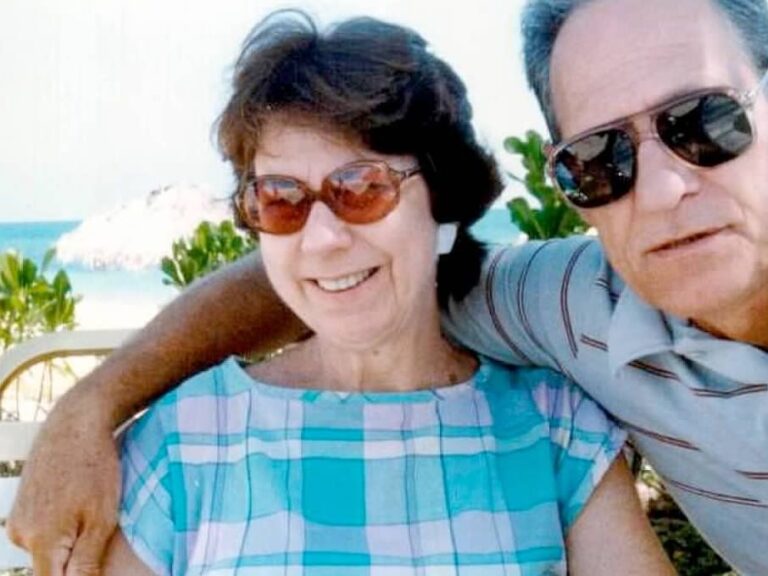Insomnia
What use is there in playing out alternate versions of reality? Anyone who has ever encountered the concept of the butterfly effect knows that this game ends in madness. There are too many minute details, to many infinite consequences of the tiniest shift in choice. There is ultimately no point. But this does not stop me.
What if my husband and I had never separated?
What if I had never gone to whatever place where Lizzy picked up the MRSA?
What if I had taken her to the hospital sooner?
What if we had helicoptered to Children’s Hospital first?
I play out these four questions endlessly in my mind, as though if I shift the puzzle pieces, I could somehow find an answer. But things are too minuscule. And then things are too infinite. And I end up where I always end up, with my brain wanting to break into pieces and I’m left, sobbing: “I just want my baby back.”
The ramifications of every choice we make are simply unknowable, except in retrospect. My pregnancy with Cecilia seemed a burden at the time; after all, I got pregnant sooner than I wanted to and in the midst of an increasingly rocky marriage. I was pregnant while I was moving myself and Lizzy out of our home and fighting constantly with my husband. I was pregnant through endless nausea, an endless winter, and bouts of the flu. But now, knowing what I know, if it hadn’t been for Cecilia, I would surely have tried to die with Lizzy.
Or would a non-pregnant me somehow have been able to have been a better parent to Lizzy and therefore somehow, someway, have prevented this disease from claiming her life?
This question will haunt me until I die. But it lends itself to theorizing about choosing Lizzy’s life or Cecilia’s life, and how can I deal with that question?
These are answerless questions about an unknowable mystery. We do not have the keys to life and death. I have no fine-tooth comb with which I can pull out the pieces of this for which I was directly responsible. I have no scales that can weigh the culpability of my actions versus my husband’s versus my sister’s versus the doctors who treated Lizzy. Nearly 100 people had their hands either directly on Lizzy’s body or on her case from the time she was taken out of my hands that Tuesday morning. Are there hidden wells of culpability in some of their cases?
What about the doctors who took so long to figure out the right medication that was needed to bring her heartbeat back after its first cardiac arrest? What about the doctors who neglected to tell us that Children’s Hospital was the one that had the life support machine that Lizzy would eventually need? What about the doctors at the second hospital who took several hours to figure out she would need another transfer, and in the process, allowed the two cardiac arrest episodes that resulted in her irreversible brain damage?
Or would the MRSA pneumonia simply have eaten away at her blood and her organs anyway–just slower? Would she have died less quickly, but died anyway, and perhaps suffered more in the process–or felt more fear? That is one scenario that I simply cannot bear.
Ultimately, though, I cannot bear any of it. It all hurts, and it hurts all of the time. The nightmare has dulled to a white noise that occupies the backstage of everything that I experience. Memory is simultaneously the most painful and the most precious tool I have at my disposal.
After Lizzy died, I had night terrors every night until Cecilia was born. Now, I avoid sleep not to avoid the terrors as before, but to avoid facing my life as it stands now. When I go to sleep and when I awake are the times I must remember. And so I stay awake into the small hours, desperately and manically placing my brain into other subjects until I am so tired I can no longer afford the mental energy that such distraction requires. Only then do I surrender to the particular cruelty that is remembering Lizzy and Lizzy’s death at nights and in the mornings.
She is the first thing on my mind in the morning and the last thing I think of before I sleep. The pain of this will not abate, nor will the horror of her death ease. I will live and sleep close to both for the rest of my life. And I would not change it even if I could. Because, you see, no matter the cost of the pain, Lizzy will always deserve to be remembered.

